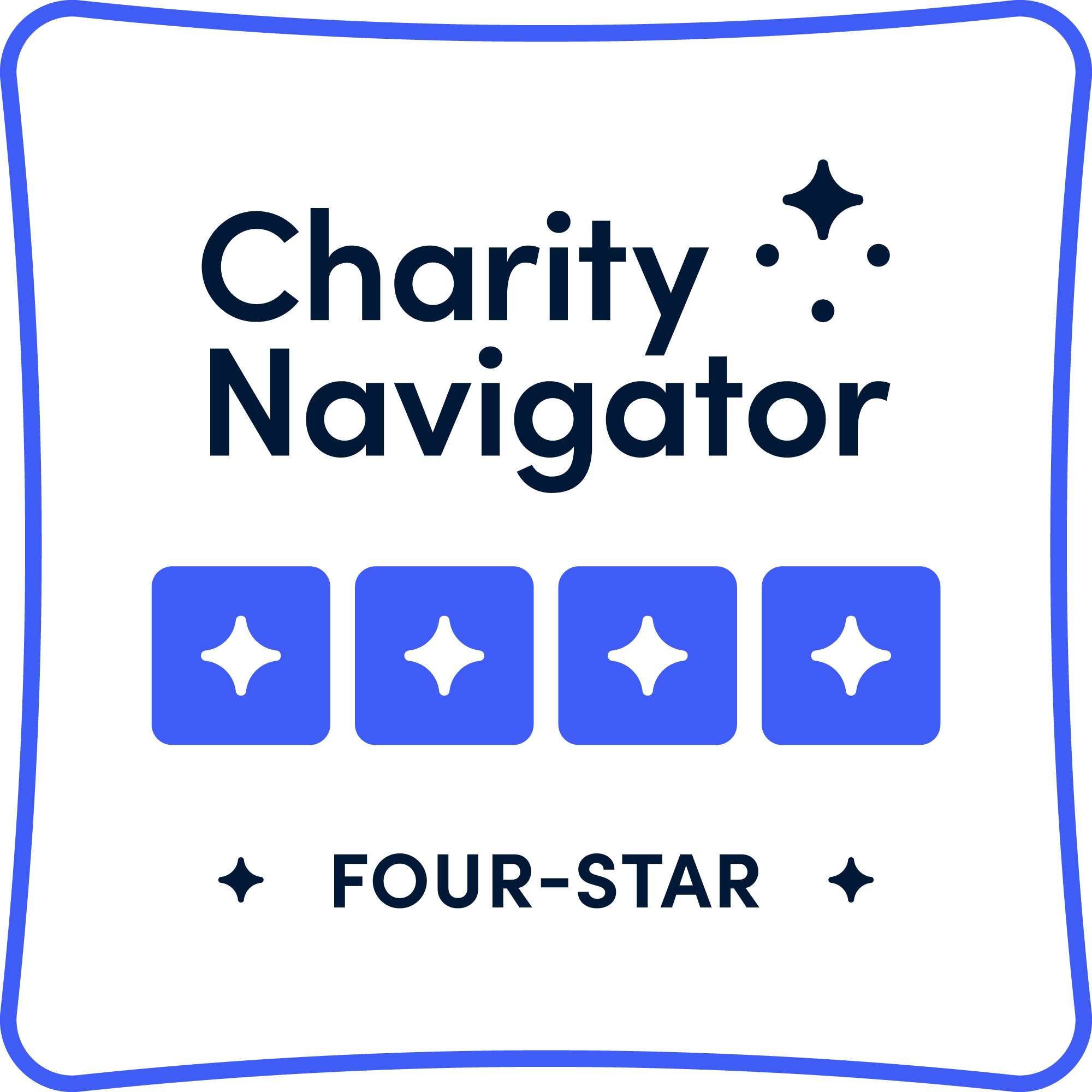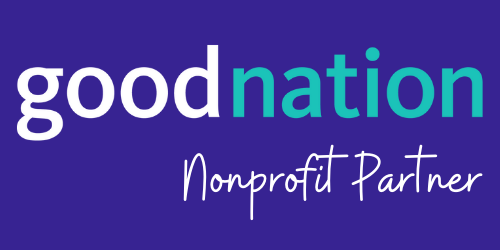In the summer of 2020, we listed seven concrete ways we would support racial justice in our work, as calls for racial justice rang not only in the United States but around the world. As we did in 2021, we’re taking a moment to hold ourselves accountable to those commitments and report on the ongoing progress we have made, while acknowledging there is still more work to be done.
In all that we do as we strive to achieve our mission of improving lives around the world using behavioral science, we aim for diversity, equity, inclusion, and justice for all. It is our hope that by sharing our efforts in the service of this goal, we can encourage others to also be explicit with their own commitments to advancing racial justice.
Below are the commitments we made in 2020, and how we took further action over the last year. There is a fair amount of detail on the specific actions we took and data on progress towards our goal when those goals are quantitative. We continue to feel it is important to be specific and transparent with our progress, whether that progress is good or not.
Commitment #1 – As a means of greater accountability, we will publicly report annually on the progress we have been making on our existing internal commitments to increase our team diversity, and specifically to have a senior team and board of directors that reflect the populations we serve, both in the United States and around the world.
- Action: Proactively sought diverse and underrepresented voices from the communities we serve to help guide our organization as board members. We joined the Board Challenge as a Charter Partner in 2021. Additionally, inside the organization, our leadership team is currently 69% female-identifying, up 9% from last year. And for the first time, a majority of our team outside of leadership roles (52%) identify as non-white. We have more work to do to reach gender parity across the organization as a whole, as well as make our board more representative of the people and communities we work with, and that continues to be our goal.
Commitment #2 – We will adopt a more race-conscious and anti-racist lens in project selection and project execution.
- Action: We have refined and finalized an internal equity training and accompanying toolset, which includes a set of Equity Cards, a facilitated equity kickoff activity and conversation, and an equity pre-mortem exercise. We’ve rolled these resources out across ideas42 so all team members have a shared vocabulary to talk about identity, privilege, and power, and project teams intentionally and proactively integrate equity considerations into their work. We will continue to refine the tools by improving their usability, and we’ve begun creating additional complementary materials designed to build cultural competence, especially for team members working in new or unfamiliar contexts.
Commitment #3 – We will increase by eightfold the number of Black scholars in our academic affiliate network.
- Action: We continue to seek opportunities to expand our network of academic affiliates who inform our work with an eye toward ensuring that our network of scholars reflects the diversity of the populations we serve. We have not grown our affiliate network since the progress we made up to June 2021, however, we maintain near-gender parity (44% female-identifying) and have increased the number of Black scholars by 7.5x since 2020. We look forward to continue learning from our newest affiliates and expanding the diversity of scholars who contribute to our work along multiple dimensions. We also plan to ramp up engagement opportunities with our affiliates, through an expanded slate of lectures, and project collaborations.
- We are also seeking to increase representation from experts in the issue areas we work in outside of academia who can inform our work in important ways. We started this work in 2022 with the launch of our Global Health Advisory Council.
Commitment #4 – We will conduct more applied research in the service of designing anti-racist interventions in all of the policy areas in which we work.
- Action: The ideas42 Policy Lab continues to leverage behavioral science research to advocate for policy changes that would improve access to social safety net services for immigrant families. Our Policy Lab, along with others in the behavioral science community, also advocated for the extension of the expanded and fully refundable Child Tax Credit, which would reduce child poverty and existing racial disparities in eligibility.
- Additionally, our Economic Justice team, as part of our ongoing narrative change work, launched a quiz to help people understand the false and harmful narratives about poverty that they might hold that perpetuate inequality in the United States, and influence the way policy is designed and delivered. Changing poverty narratives starts with understanding our own associations—so we created the short quiz to help people understand the most common types of false narratives, and which ones they may be subscribing to. We encourage you to reflect on your own views by taking the 5-minute Poverty Associations Quiz.
Commitment #5 – We will challenge our funders and our partners to adopt similar diversity and inclusion practices in their internal and external structures, and also to consult viewpoints that are more representative of the populations they serve when setting their research and development agendas.
- Action: Candidly, we have not yet figured out a good way to further challenge our funders on these issues, a reflection of the current power dynamics between funders and grantees in philanthropy around the world that needs addressing. This is still an area of opportunity for ideas42 to improve.
Commitment #6 – We commit to expanding our existing Safety & Justice work and continue to focus on fighting racial injustice in the broken criminal justice system.
- Action: Explicitly tackled racial inequities in the policing, judicial, and probation spaces in the United States as part of our Safety & Justice work. Select projects include:
- In partnership with Harris County, Texas, we redesigned all communications associated with misdemeanor court notifications and launched new research to more deeply understand and address challenges to appearing in court. A full report on this work will be released in fall 2022.
- Continuing to grow and develop Vergil, a technology designed to help parolees and those on probation set and achieve positive goals. Vergil connects users with desired and available social services, all in the service of helping them avoid incarceration or re-incarceration.
- Collaborating with the Fines and Fees Justice Center to design tools that reform the high and often disproportionate costs of court-imposed fines and fees. These tools, supported by behavioral science research, can assess people’s ability to pay to ensure any fines and fees assessed are fair and affordable.
Commitment #7 – We commit to partnering with more organizations on the front line of this battle, and will publish a list of organizations with whom we have or are currently partnering in this effort.
- Action: We remain committed to partnering with more organizations on the front lines of the battle for racial justice in the United States and around the world. Below are examples of how new partnerships have supported our racial justice efforts across two portfolios of work.
- Civic Engagement: We partnered with the NAACP to run one of the largest voter mobilization programs for Black voters in Virginia. Focused on building power through civic engagement, we sent more than two million GOTV messages, activated 16,000 volunteers, and reached 675,000 Black potential voters, including 430,000 moderate-to-low propensity voters. We’re honored to work with the NAACP again this year to actualize an even greater impact in elections across the U.S.
- Financial Health: College savings programs are often offered universally, and yet some families face specific barriers to participation based on their racial identity, financial situation, and immigration status, despite having arguably more to gain. Our research collaboration with the City of San Francisco’s K2C program found that behaviorally-informed text messages (primarily tailored to overcome barriers faced by Black and Latino families who had never made a deposit) resulted in 2.5 times more “new savers” and a significant increase in registration rates.
We know this progress is still not enough, and while we have more clarity around concrete steps that can be taken two years into our efforts, we still do not have all the answers. In the coming months and years, we will make additional commitments. Now more than ever, we know it will take all of us continuing to push for change to dismantle and rebuild our failing systems. We will report again on our progress one year from now.


